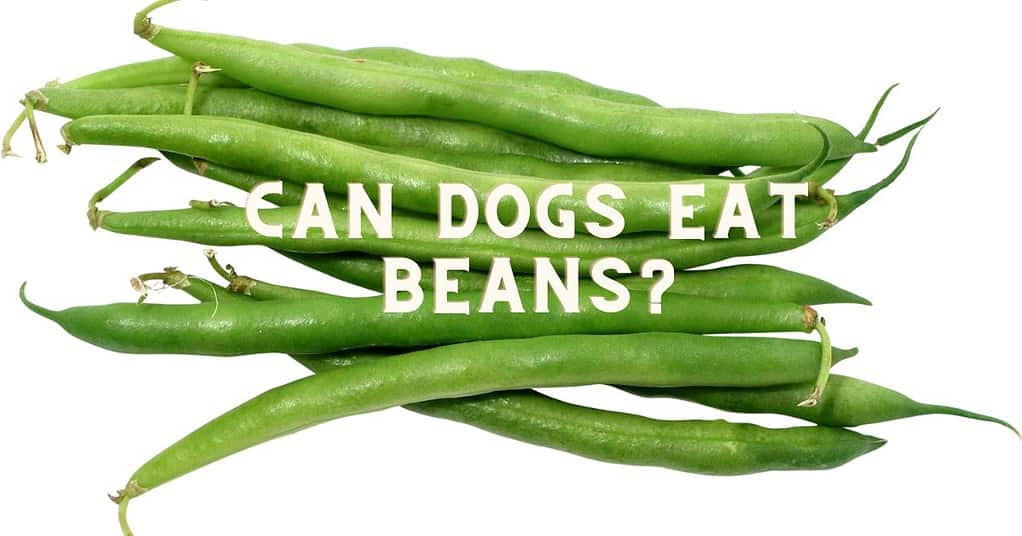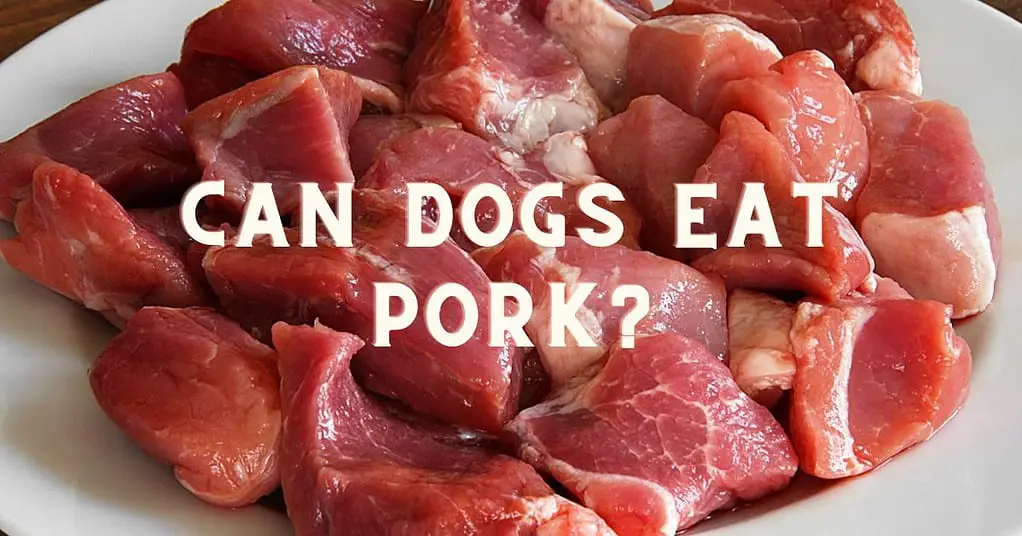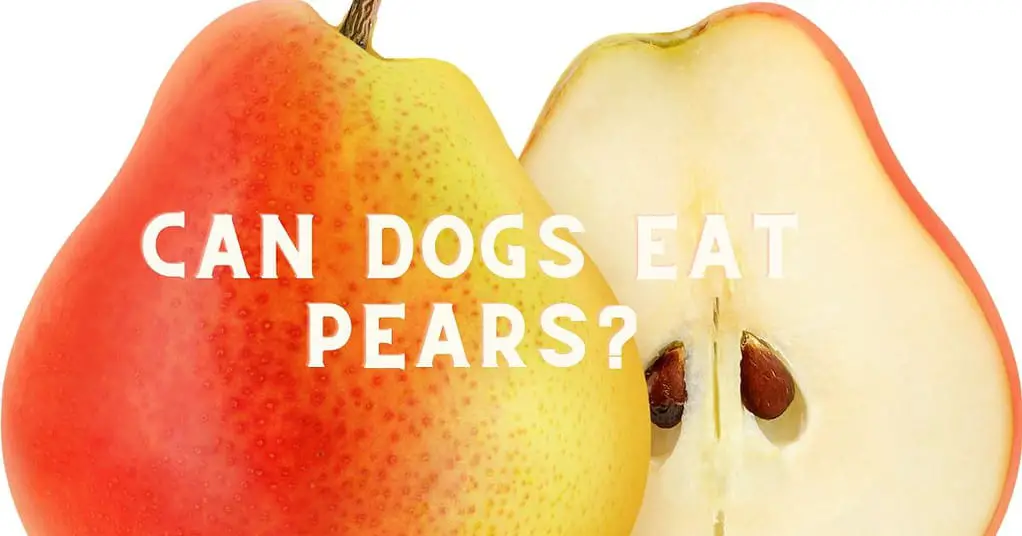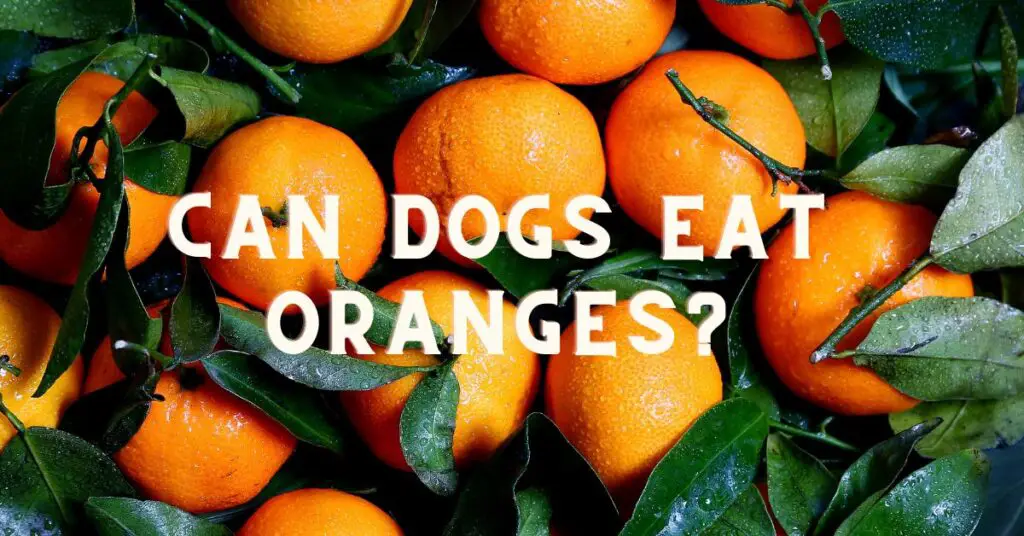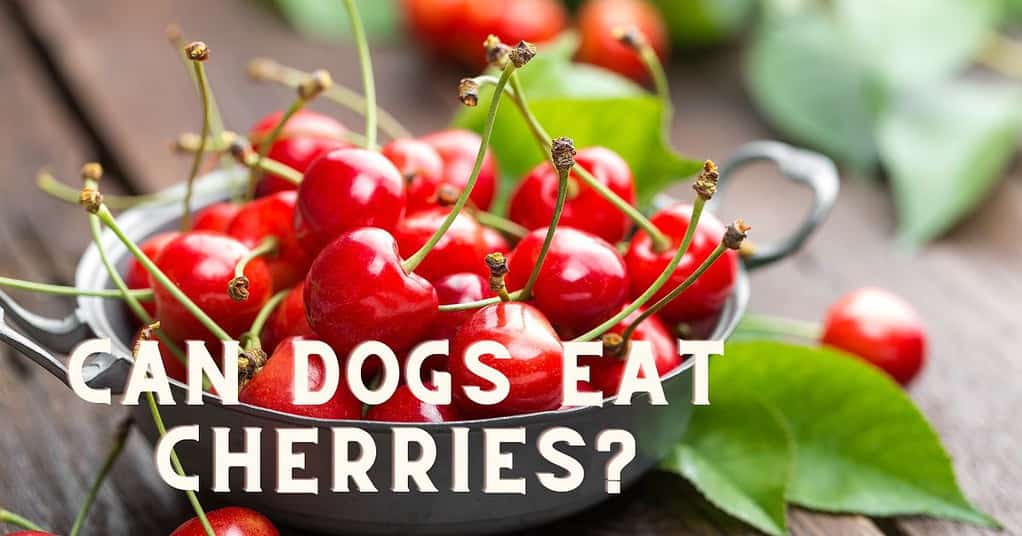Pickles, a staple in many human diets, are famous for their tangy flavor and crunchy texture. Pickles are cucumbers that have been preserved in brine fermentation or vinegar. They offer several nutrients, from vitamins to antioxidants, but the question arises – “Can dogs eat pickles?”
Generally, pickles aren’t harmful to dogs. They offer certain nutritional advantages that make feeding them to your dog acceptable. Pickles contain large amounts of sodium; you may need pet insurance handy if they have consumed large quantities.
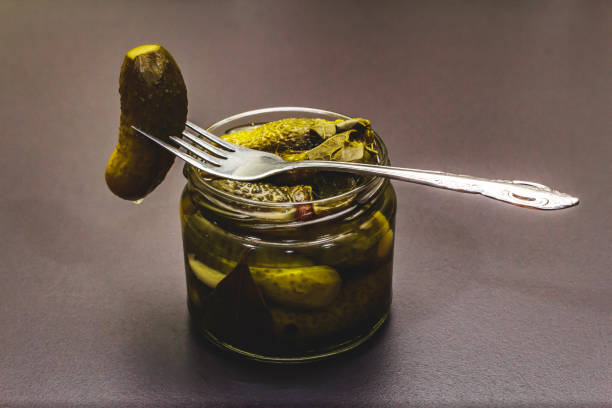
Are Pickles Good For Dogs? Benefits
Pickles offer health benefits for dogs. It includes being low in calories, having high water content, and being rich in vitamins.
Low in calories
Pickles may not be the healthiest treat for dogs, but they are generally low in calories. This means that if your furry friend sneaks a bite of a pickle, it won’t significantly impact their calorie intake.
However, pickles should only be given to dogs as an occasional snack and not a regular part of their diet. Balance their meals with nutritionally dense food to ensure they get all the necessary nutrients to thrive.
High water content
Pickles have a high water content. Water maintains hydration and overall health in dogs. Dogs must stay hydrated, especially during hot weather or after physical activity.
Including foods with high water content helps meet their hydration needs. Pickles can provide some additional moisture to your dog’s diet. However, don’t rely solely on pickles since they contain high amounts of sodium.
Incorporate other hydrating foods like cucumbers or plain water into your dog’s diet to ensure they get enough fluids. Fruits and vegetables with a high water content and fresh drinking water always available will keep your dog hydrated and healthy.
Low in sugar and carbohydrates
Pickles are a low-sugar and low-carbohydrate snack option for dogs. This can benefitdogs that need to watch their sugar intake or are on a specific diet. Since pickles are made from cucumbers, they naturally have little sugar or carbohydrates.
This makes them a healthier alternative to other high sugar and carbs treats. Remember moderation is key with any treat like pickles. Dogs shouldn’t eat too much as it can lead to digestive issues or an upset stomach in dogs.
Rich in vitamins
Pickles do not offer significant nutritional benefits for dogs, but they contain a few vitamins. Vitamin A and vitamin K can be found in pickles, albeit in small quantities. These vitamins play essential roles in your dog’s overall health and well-being.
Vitamin A is essential for good vision, a healthy immune system, and proper cell growth. Vitamin K helps with blood clotting and bone health. The vitamins and minerals in pickles are not substantial enough to make them a superfood for dogs. However, they provide some nutritional value, making them less dangerous for dogs.
Are Pickles Safe for Dogs to Eat? What Are The Risks?
Pickles may be unsafe for dogs due to their high sodium content.
High sodium content
Excessive consumption of pickles can lead to a sodium overload in dogs. Pickles are typically high in salt, which can harm dogs. Too much sodium can cause electrolyte imbalances and lead to dehydration.
This excessive salt can cause extreme thirst and sodium ion poisoning. Worrisome conditions like vomiting, diarrhea, seizures, or even death can occur in severe cases. While the occasionally dropped pickle may not spell disaster for your dog’s health plan, regular consumption should be avoided. The high sodium levels may lead to high blood pressure.
Toxic ingredients in some recipes
Pickles are incredibly popular amongst humans. However, many store-bought pickles contain ingredients that pose a risk to your canine companion. Toxic substances used to make pickles include onions and garlic. They can damage red blood cells and lead to anemia in dogs. Especially if you feed your dog pickles in large amounts.
Moreover, some pickle recipes use sugar or sweeteners like xylitol as an additive to enhance taste. Xylitol is extremely dangerous to dogs. Even small quantities can trigger insulin release, leading to hypoglycemia (low blood sugar levels). This can ultimately cause liver failure or death.
So, while these seasoned cucumber treats are safe for humans, they can be unsuitable for our four-legged friends.
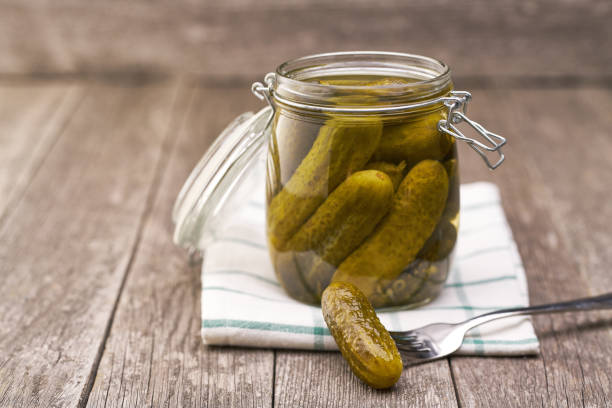
Upset stomach
Dogs and pickles may not always be an ideal option. Feeding pickles to dogs can potentially lead to an upset stomach. Most pickles are high in sodium, which can cause digestive issues for dogs if consumed in large quantities. Some pickles may contain toxic ingredients that further irritate a dog’s stomach.
Pet owners must know the potential risks and monitor their dog’s reactions after eating pickles. If your dog experiences vomiting or diarrhea, consult a veterinarian for guidance and treatment.
Allergic reactions
Dogs can be sensitive or allergic to certain ingredients found in pickles. Common signs of an allergic reaction include itching, redness or swelling of the skin, vomiting, diarrhea, and difficulty breathing.
Be aware of these symptoms and contact a veterinarian if you suspect your dog has an allergic reaction after consuming pickles. Every dog’s tolerance for different foods varies, so introduce new foods gradually and monitor their response closely.
Safer alternatives to pickles
While enjoying pickles, choosing healthier alternatives for our furry friends is important. Here are some safer options to make your dog happy and healthy:
- Fresh cucumbers are a hydrating choice, rich in vitamins A and K, and low in sodium.
- Cooked carrots are easily digestible and packed with vitamin A, making them a great snack.
- Apples: An excellent source of vitamins A and C; just remember to remove the seeds.
- Blueberries: They are a natural antioxidant powerhouse that dogs usually love.
- Green beans: Filled with fiber and low-calorie nutrients – they are a perfect snack for overweight dogs.
- Watermelon: It offers hydration with sweetness, but always remember to remove the seeds
What to Do If Your Dog Ate Excess Pickles?
Did your dog ate a pickle accidentally? If your dog ate too many pickles, monitor them for symptoms such as vomiting, diarrhea, or excessive thirst.
Monitor for symptoms
While a dog can eat pickles, keep an eye after they have consumed an excessive amount of pickles. While pickles are safe in moderation, consuming too many can cause potential issues.
Symptoms to watch out for include vomiting, diarrhea, increased thirst, and restlessness. These symptoms indicate that the sodium in pickles has upset your dog’s stomach or caused dehydration.
If you notice these signs, provide plenty of fresh water and monitor your dog. If the symptoms persist or worsen, consult a veterinarian for further guidance and assistance.
Provide plenty of fresh water.
To ensure your dog stays hydrated and flushes out any excess sodium from consuming pickles, provide them with plenty of fresh water. Hydration is key to maintaining their overall health and well-being.
Water helps regulate body temperature, aids digestion, and supports organ function. Offering your furry friend access to clean drinking water throughout the day can help prevent dehydration. It also minimizes the potential risks associated with high sodium intake.
Consult a veterinarian if necessary.
A dog can accidentally eat a pickle. The first thing to do is check if the pickle contains toxic ingredients. While a single piece is not dangerous, eating a whole bottle is risky. If your dog has consumed about a jar of pickles, consult a veterinarian as soon as possible. They can evaluate your dog’s condition and provide the necessary treatment or guidance.
Can Dogs Eat Different Types of Dog Pickles?
Can dogs eat dill pickles?
Dill pickles are made with cucumbers soaked in brine and adding fresh dill. They are not recommended for dogs. Dill is safe for dogs to consume in small amounts. However, most dill pickles are generally infused with high sodium. Harmful ingredients like vinegar or sweeteners mixed with dill makes the pickle unsafe.
These additives can cause digestive upset and harm your dog’s health. If you want your dog to eat dill, add some fresh dill to your dog’s diet. Find another safe treat for your dog to prevent any harm.
Can dogs eat kosher dill pickles?
Kosher dill pickles are not recommended for dogs to eat. While the ingredients in kosher dill pickles may not be toxic to dogs, they can still pose risks. One of the main concerns is the high sodium content. Some kosher dill pickles are often made from harmful ingredients like onions or garlic. They should be avoided as they can be toxic to a dog’s red blood cells.
Can dogs eat fried pickles?
Fried pickles are not recommended for dogs to eat. While a fried pickle’s occasional bite may not cause harm, it has unhealthy fats. It can lead to weight gain and digestive issues for dogs.
Fried pickles often contain salt, sugar, and artificial flavors that are harmful to dogs if consumed in large quantities. With so many kinds of pickles, stick with healthier alternatives when treating your dog.
Can dogs eat sweet pickles?
Like other types of pickles, sweet pickles should be avoided for dogs. While cucumbers are safe for dogs to eat, sweet pickles often contain high levels of sugar and artificial sweeteners. Dogs do not require added sugars; too much sugar can lead to weight gain, dental issues, and even diabetes.
Can dogs eat Bread-and-butter pickles?
Bread-and-butter pickles are not recommended for dogs to eat. Cucumbers are the main ingredient in most pickles. While they are generally safe for dogs in small amounts, bread-and-butter pickles often contain high sugar levels and other additives.
Sugar is not a natural part of a dog’s diet and can lead to weight gain, dental issues, and even diabetes. The excessive vinegar in these pickles may upset a dog’s digestive system. The sugar and spices in sweet bread-and-butter pickles makes them a no-no.
Sticking with plain cucumbers or choosing safer alternatives when offering your furry friend a snack is best.
Can dogs eat Hot-and-spicy pickles?
Hot-and-spicy pickles should be avoided. While pickles as a treat are safe for dogs in moderation, hot and spicy varieties can be problematic.
These pickles are made with ingredients like chili peppers or other spices that can cause stomach upset and discomfort. The high sodium in hot-and-spicy pickles can cause dehydration and even sodium poisoning. Dogs should eat pickles without these ingredients.
Can Dogs Have Pickle Juice?
Dogs should not have pickle juice as it can be high in sodium and may contain harmful ingredients.
Risks and considerations
Feeding pickles to dogs can come with a few risks and considerations. One of the main concerns is the high sodium content. Dogs don’t require as much sodium as humans, so consuming many pickles can lead to an overload of salt.
Some pickle recipes contain toxic ingredients harmful to dogs if ingested in large amounts. Read the ingredient list carefully before offering any type of pickle to your furry friend.
Another risk associated is the potential for an upset stomach. The acidic nature of pickles can cause digestive discomfort and even diarrhea in some dogs, especially in small dogs and ones with sensitive stomachs.
If you notice any signs of gastrointestinal distress after your dog consumes pickles, discontinue giving them this treat.
While some pickles are safe for dogs to eat, consult your veterinarian before introducing any new food. They can provide personalized advice based on your dog’s needs and health conditions.
Alternative ways to flavor your dog’s food
There are several alternatives to add flavor to your dog’s food without relying on pickles. These options will not only add taste but also provide nutritional benefits:
- Use bone broth: Adding a splash of homemade or store-bought bone broth to your dog’s food can enhance the flavor. It provides additional nutrients like collagen, glucosamine, and chondroitin.
- Sprinkle some herbs: Parsley, basil, or oregano can be sprinkled lightly over your dog’s food to give it a savory kick. Just ensure to avoid using toxic herbs like garlic or onion.
- Mix in a little pumpkin puree: Pumpkin puree is tasty and beneficial for digestion. A spoonful mixed into your dog’s food can provide a sweet and earthy flavor.
- Drizzle with fish oil: Fish oil is rich in omega-3 fatty acids, which are great for your dog’s skin, coat, and overall health. A few drops of fish oil drizzled over their food can make it more enticing.
- Add a small amount of unsalted broth: If your dog prefers moist food, a small amount (chicken or beef) can enhance the taste without excessive sodium.
FAQs
1. Can dogs eat pickles?
While pickles are not toxic to dogs, they are not recommended as a regular part of their diet. The high sodium content in pickles can harm dogs and cause dehydration or kidney issues. Give your dogs pickles without spices for the best experience.
2. Are there any health benefits for dogs eating pickles?
There are no specific health benefits for dogs consuming pickles. Dogs have different nutritional needs than humans. Their diets should primarily consist of balanced dog food with the necessary nutrients.
3. Can a small pickle be given to a dog as an occasional treat?
In moderation, a single pickle may not harm your dog. Avoid giving them any due to the high sodium content. If you want to offer dog treats, many healthier options are available for canine consumption.
4. What should I do if my dog accidentally eats too many pickles?
Suppose your dog has ingested many pickles or experiencing vomiting, diarrhea, excessive thirst, or lethargy after consuming them. In that case, contact your veterinarian immediately. They will provide guidance based on your situation and advise on whether further treatment is needed.
Author Profile
- Site Owner And Planning Specialist
-
Aritra, the founder of Labradorandyou.com, is a lifelong dog lover whose passion ignited for Labradors for their loyalty and intelligence. With extensive research and personal experiences, Aritra has become a Labrador expert, offering a rich resource on the breed. Labradorandyou.com provides reliable, timely, and evidence-based information, including Labrador-specific product reviews, training techniques, and care tips.
Labradorandyou.com was born out of Aritra's passion and his desire to share his profound knowledge about the breed. The site serves as a comprehensive resource, offering a wealth of up-to-date information for Labrador owners and enthusiasts alike
Also by the author
-
 FAQNovember 17, 2023How To Adopt An Emotional Support Dog?
FAQNovember 17, 2023How To Adopt An Emotional Support Dog?
-
 Mix-BreedsNovember 16, 2023Red Labradoodle Ultimate Guide: Breed Facts, Care Tips
Mix-BreedsNovember 16, 2023Red Labradoodle Ultimate Guide: Breed Facts, Care Tips
-
 Top BreedersNovember 8, 2023Breeding Labradors: Everything You Need to Know
Top BreedersNovember 8, 2023Breeding Labradors: Everything You Need to Know
-
 FAQOctober 17, 2023Do Dogs Like Music? Researchers Say Yes! Find Out
FAQOctober 17, 2023Do Dogs Like Music? Researchers Say Yes! Find Out
